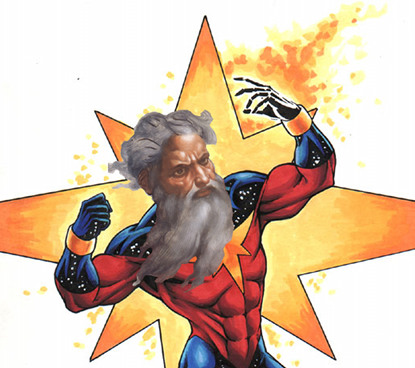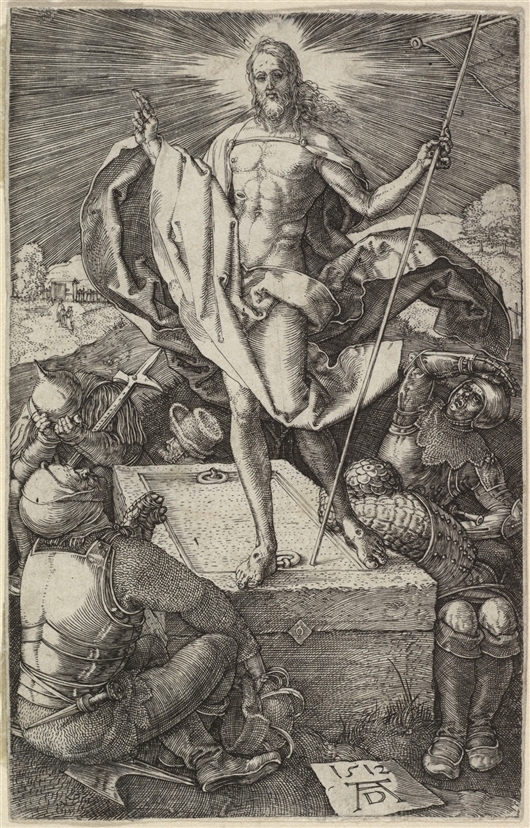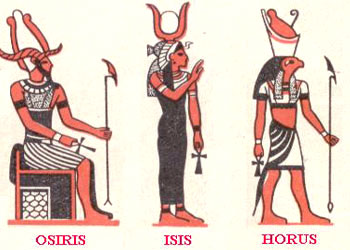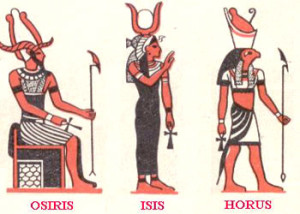“Sabellianism Reconsidered” Considered – Part 7 (Dale)
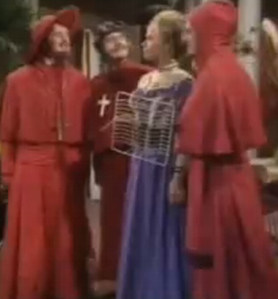 Time for the old Spanish Inquisition. Will she survive The (self-administered) Rack?
Time for the old Spanish Inquisition. Will she survive The (self-administered) Rack?
In the final part of her article “Sabellianism Reconsidered”, Baber turns to theological objections. To wit:
- The account renders it impossible for the Son to pray to the Father. But the NT says this happened.
- The account denies that each Person of the Trinity is himself eternal, and has eternally born relations to the other two Persons. (pp. 8-9, paraphrased)
Her answers? Jesus, like his contemporaries, was not a trinitarian. That is, he didn’t realize that the God to whom he prayed had temporal parts which were gods. Or even if he did, he didn’t intend to teach any trinitarian doctrine. Thus, he addressed not the Father, but God, as “Father”. (p. 10) Thus the term “Father”, in Jesus’ context, referred to God, while nowadays (post 380 CE?) it refers to the Father, the (temporally) first Person of the Trinity.
In response to the second objection, she notes that “a notion of timeless, metaphysically necessary causationRead More »“Sabellianism Reconsidered” Considered – Part 7 (Dale)

